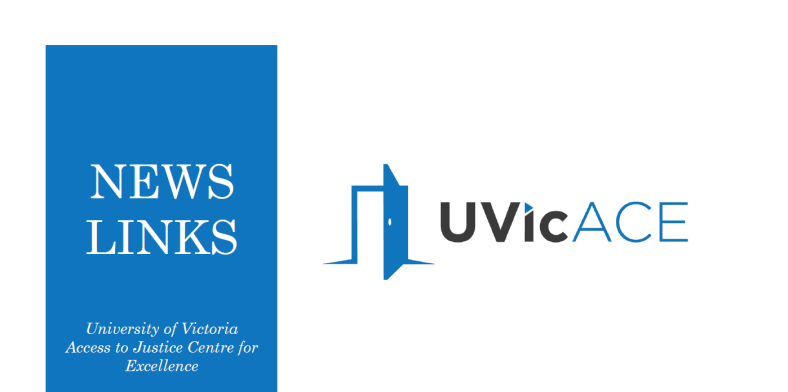The Canadian Forum on Civil Justice (CFCJ), located at Osgoode Hall Law School, is joining forces with researchers in Kenya, Sierra Leone and South Africa to build a business case for scaling community-based justice services.
Funded by the International Development Research Centre (IDRC), the Community-Based Justice Research (CBJR) project is a newly-launched, collaborative research initiative that aims to advance collective understanding of the costs, opportunities, and challenges of community-based justice programs. In doing so, this project will play a significant role in supporting the improvement of access to justice at the community level.
This project speaks directly to Goal 16.3 of the UN Sustainable Development Goals (SDG) which requires countries to ensure equal access to justice for all of their citizens. Community-oriented justice services fill gaps in the delivery of legal services in many otherwise underserved areas; they facilitate early legal problem resolution, and they empower individuals to engage in society to protect their legal rights. By helping to provide the evidence needed to understand, assess and scale these types of access to justice programs, this project will help countries to better develop and deliver justice to their communities.
The Community-Based Justice Research project is planned in close collaboration with the IDRC, the Katiba Institute in Kenya, the Center for Alternative Policy Research and Innovation (CAPRI) in Sierra Leone and the Centre for Community Justice and Development (CCJD) in South Africa with support from Open Society Foundations (OSF), and will incorporate research methodologies and learnings from the CFCJ’s own 7-year (2011-2018) national, people-centered research project on “The Cost of Justice”.
The press release for the Community-Based Justice Research project is available on the CFCJ website here: http://cfcj-fcjc.org/wp-content/uploads/Press-Release-CFCJ-CBJR-International-Research-Initiative-Seeks-to-Scale-Access-to-Community-Justice.pdf.
To learn more, please also visit the Community-Based Justice Research project page here: http://cfcj-fcjc.org/our-projects/community-based-justice-research-cbjr/.





